Building a Web3 Bonfire for Creators


About: Bonfire enables creators, communities, and brands to build custom web3 platforms, powered by their social token and NFTs
App Type: No-code community engagement platform for web3 creators
Founded in 2021, Bonfire enables creators, communities, and brands to build custom web3 platforms, powered by their social token and NFTs. The platform is disrupting the web2 creator economy, which monopolizes the value of creator content, by providing white-label tools and infrastructure built to properly reward creators and their communities. Upon launch, Bonfire enabled users to create token-gated audio content. After recent updates, Bonfire also includes video on demand and livestreaming using Livepeer Studio.
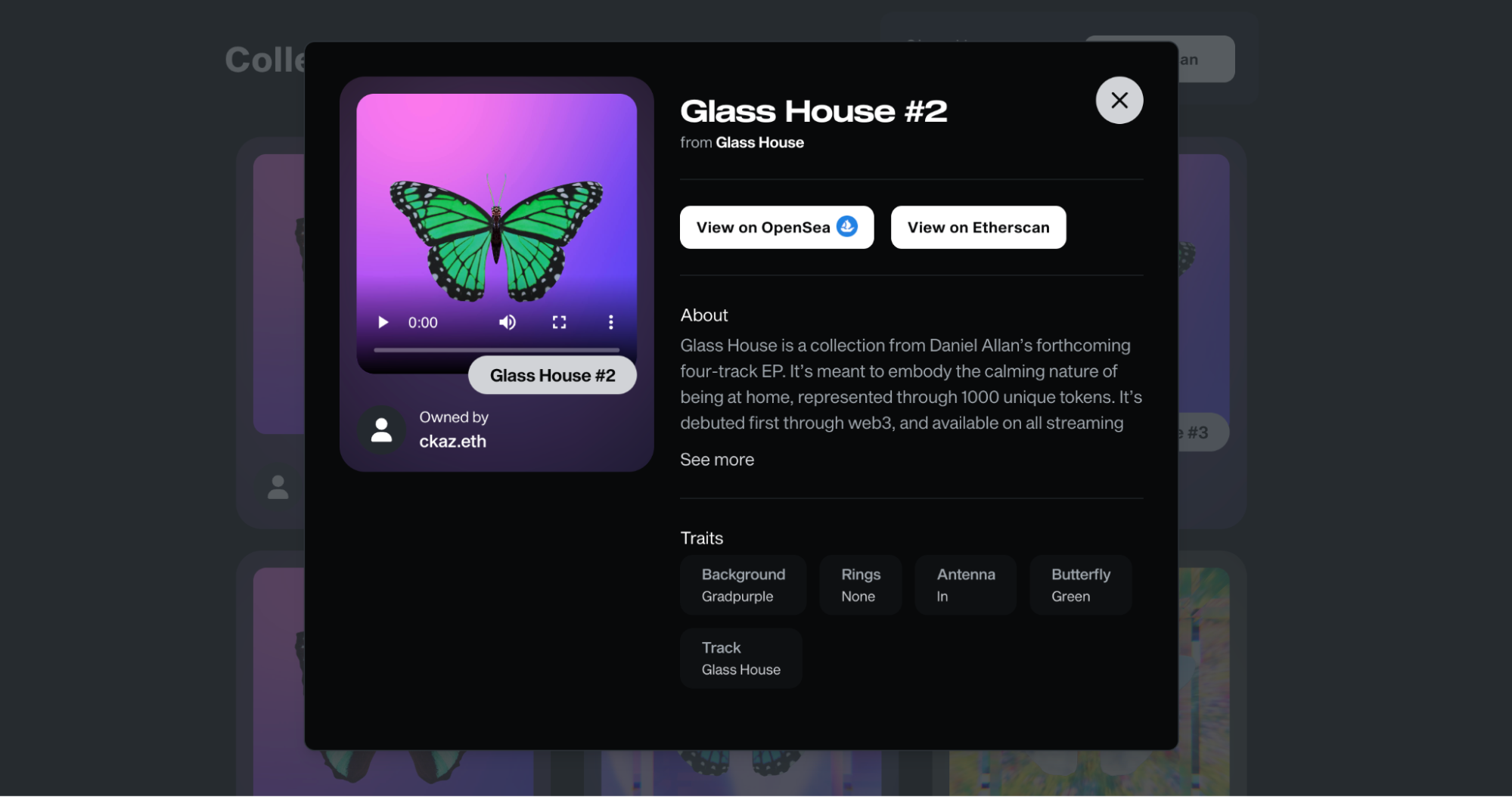
A Spark Becomes a Bonfire
Bonfire co-founders, Melissa Zhang and Matt Alston, met 10 years ago during their freshman year at Duke University, where they both studied computer science. Their chance meeting in the dorms led to an entrepreneurial partnership that would combine their divergent, yet complementary, experiences in web2 and web3.
Melissa was the first to catch the blockchain bug in 2015, and was so passionate about decentralized technologies she ended up founding the Duke Blockchain Lab. Post college, Melissa gained experience in the web3 world as an early frontend software engineer at Coinbase. Matt’s career path started in web2, where he worked as a product manager at Uber, focusing on rider loyalty and rewards programs. His interest in the space piqued when he discovered how creators, communities, and culture could benefit from decentralized web3 tools.
With social tokens, NFTs, and smart contracts, Melissa and Matt believed web3 had the potential to create a whole new world around creators and the economies they’re able to build. Melissa brought expertise from years working in web3, and Matt had valuable experience from working with a “digital currency” (Uber Loyalty points) while helping build the gamification, personalization, and partnerships strategies for the program. They used these complementary skill sets to build Bonfire in 2021. The platform is dedicated to empowering a new generation of communities to achieve creative freedom and economic prosperity through ownership. They now have eight full-time team members and are ready to launch the latest iteration of Bonfire.
Into the Bonfire
Bonfire is a platform providing tools and infrastructure for creators, communities, and brands to build and manage their community. Described by Matt as “a no-code community engagement platform for web3 creators,” Bonfire provides a web3-native website builder leveraging social tokens and NFTs which enables creators to offer utility like token-gated content, merchandise, and ticket sales on their own branded site. Creators even have the ability to reward fans through airdrops and contests, and have access to a CRM where they can view who holds their tokens.
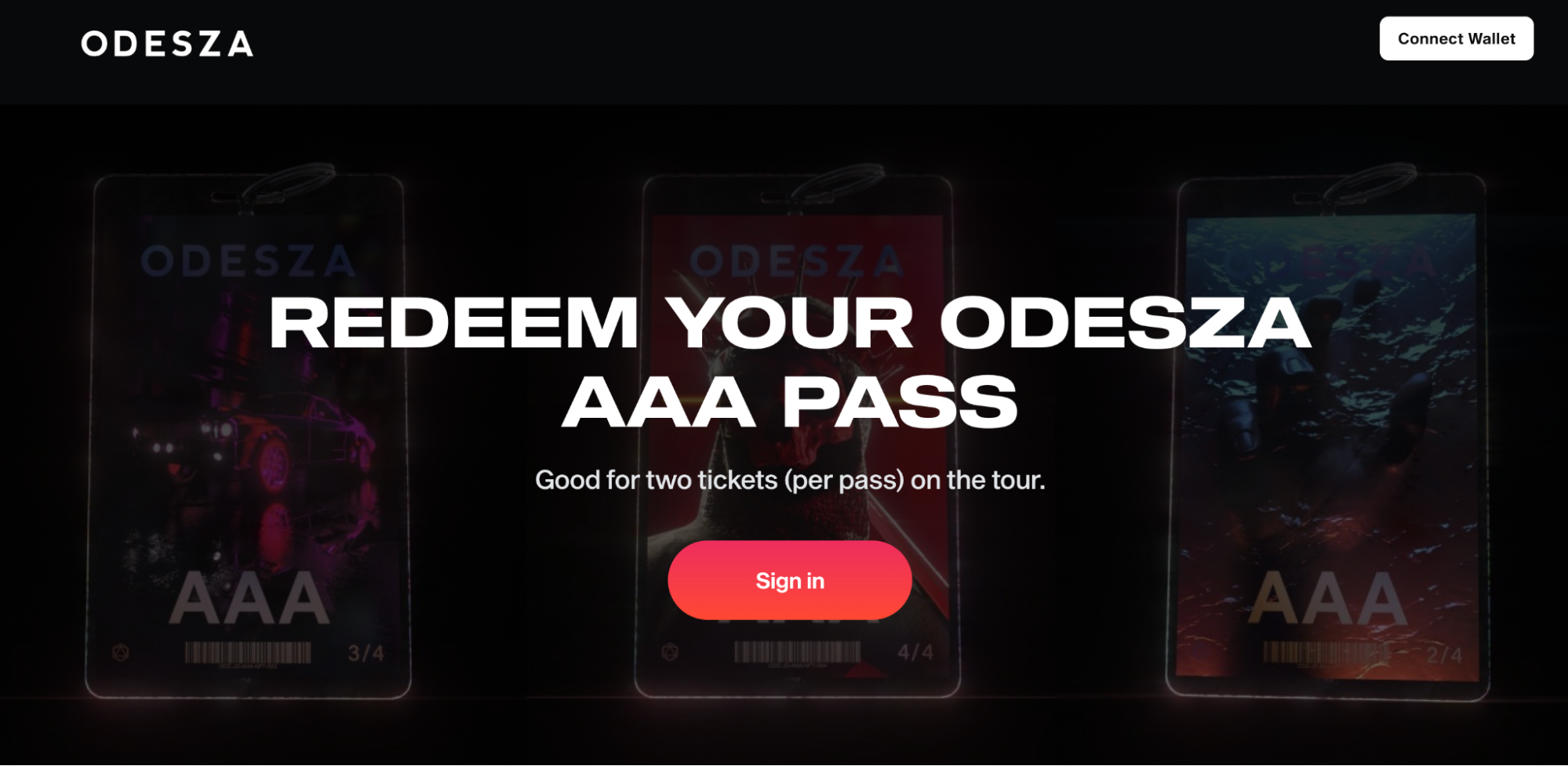
The platform’s primary tool is Bonfire Studio, which is a Content Management System (CMS) and web3 page builder. It mirrors a simple, no-code UX found in many web2 platforms, but includes web3-native blocks including the ability to token-gate any page or piece of content.
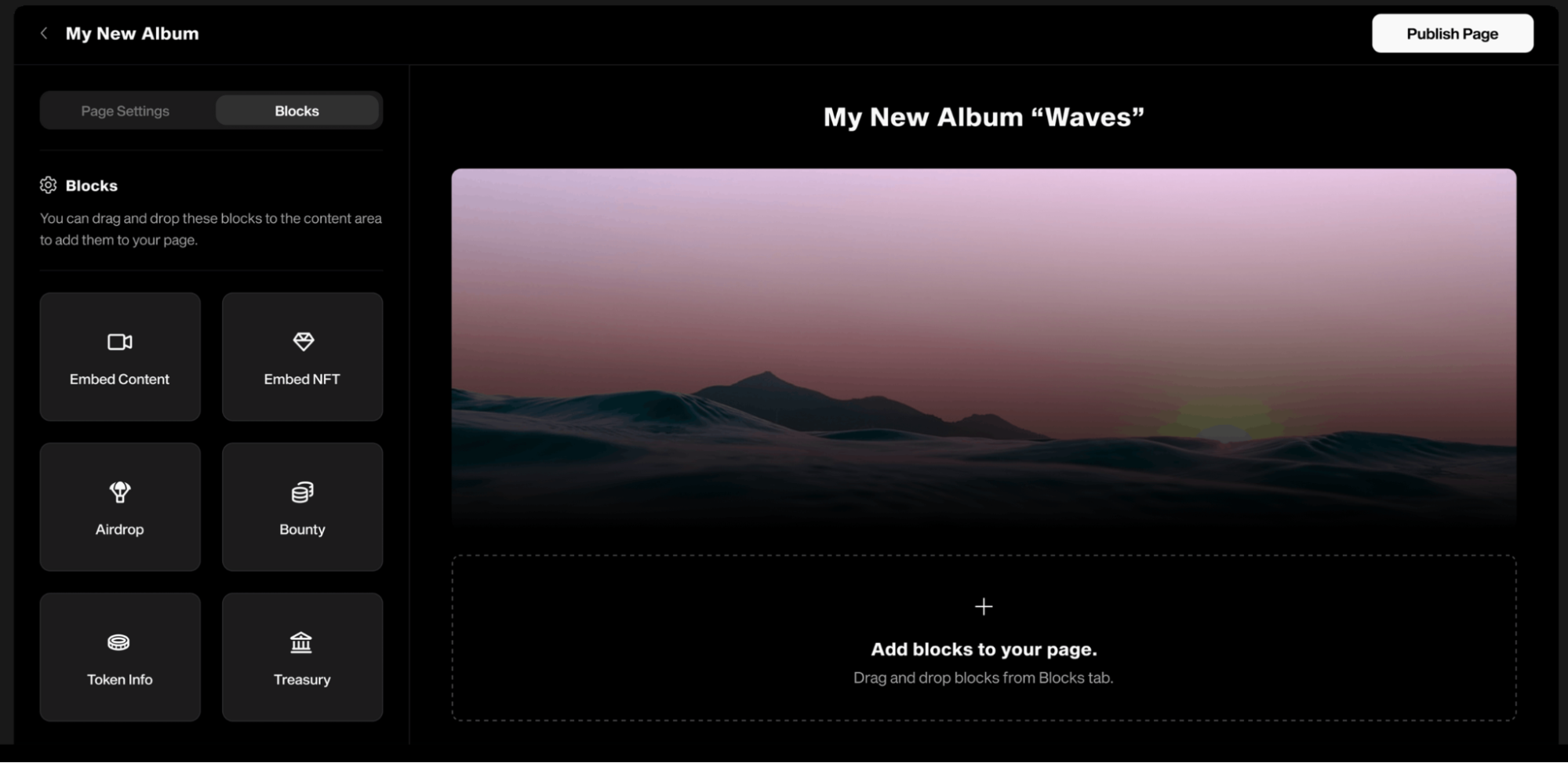
Creators can use drag-and-drop blocks to embed content from a variety of options, like a song from Spotify or merch from a Shopify store. Beyond embeds, users can natively host audio, livestreaming, and video-on-demand content.
Audio
Audio uploading and streaming was the first type of content Bonfire added to their core infrastructure. Today, creators can easily upload and token gate audio content on Bonfire in just a few clicks. This was a critical first step as the team prioritized attracting their first cohort of creators and musicians. This proved to be a strategic move for Bonfire as they were able to partner with musicians like Odesza, Portugal. The Man, and Daniel Allan. Creators are also able to import custom NFT minting contracts from partners Sound Protocol and Mintplex. This enables them to create custom NFT minting experiences on their own site.
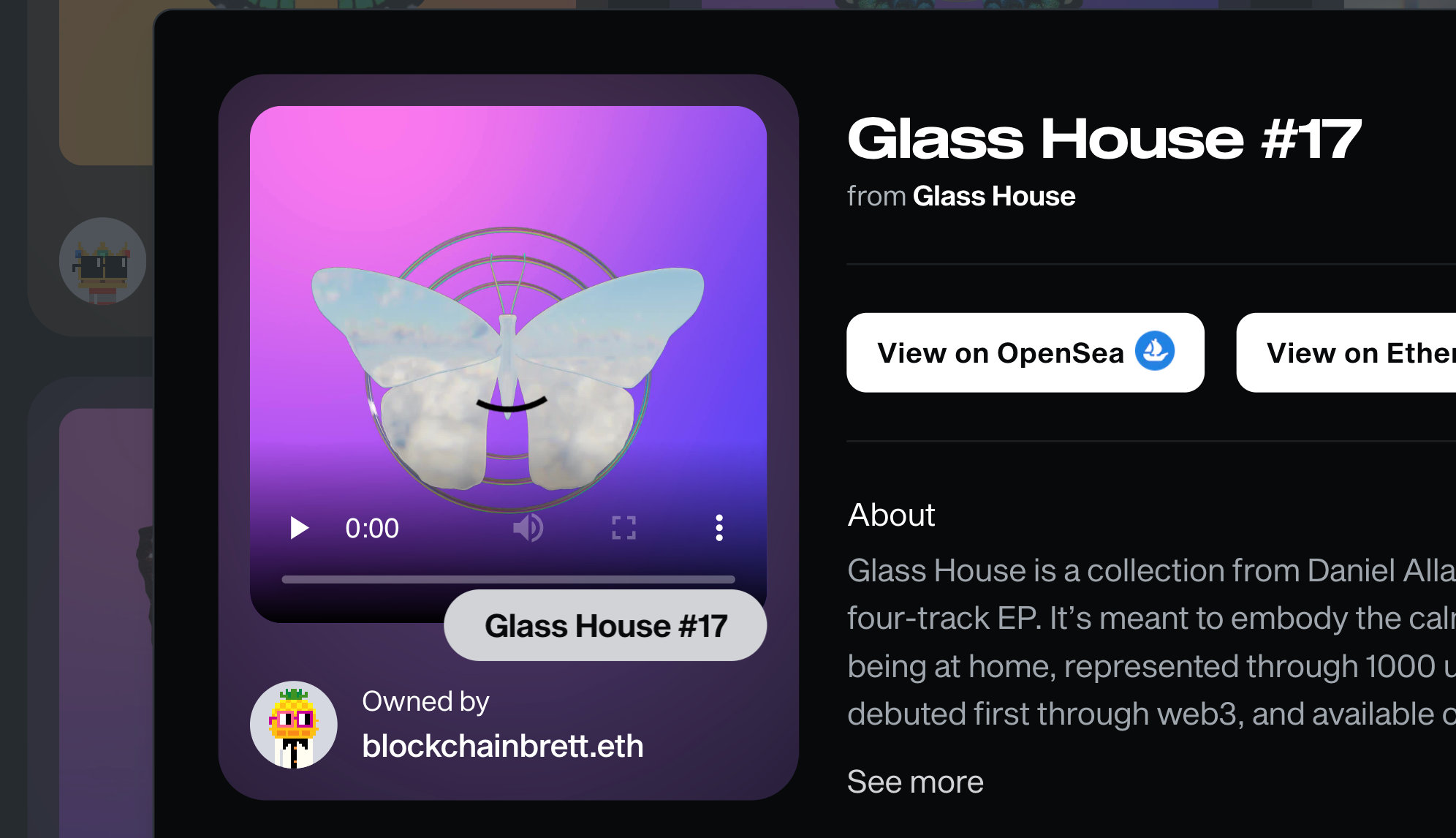
Livestreaming
Creators can livestream directly on the Bonfire platform. Bonfire supports multiple broadcasting software solutions including OBS Studio, StreamYard, and Streamlabs.
Livestreams can be token gated, which means access is restricted to individuals holding a specific type of token (e.g. an exclusive NFT created by musicians and distributed to their fans). Bonfire currently accepts assets on Ethereum, Polygon, Rally, and POAP. Here is the full step-by-step guide to start a token-gated livestream on Bonfire.
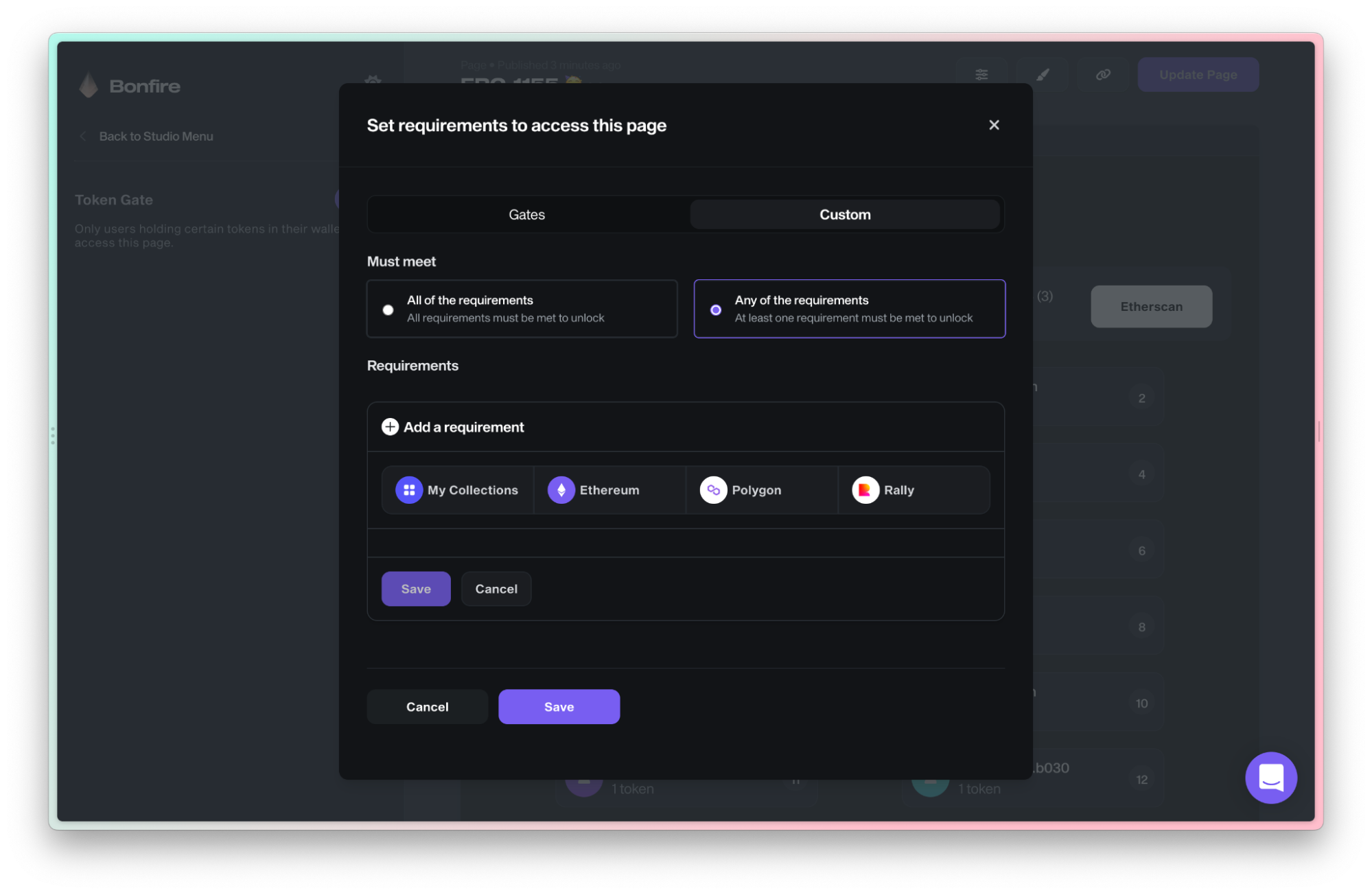
Video On Demand
Video on demand is the latest addition to the Bonfire platform.
“On Demand will provide the opportunity for creators to seamlessly host video content natively on their Bonfire page. This opens up the door for all types of creators to think about more ways to engage with their community, especially as the video content can be token-gated. We’ve seen video become the biggest medium for content in web2 platforms, so there’s a real possibility for that to become true for web3 too.” - Matt Alston, co-founder of Bonfire
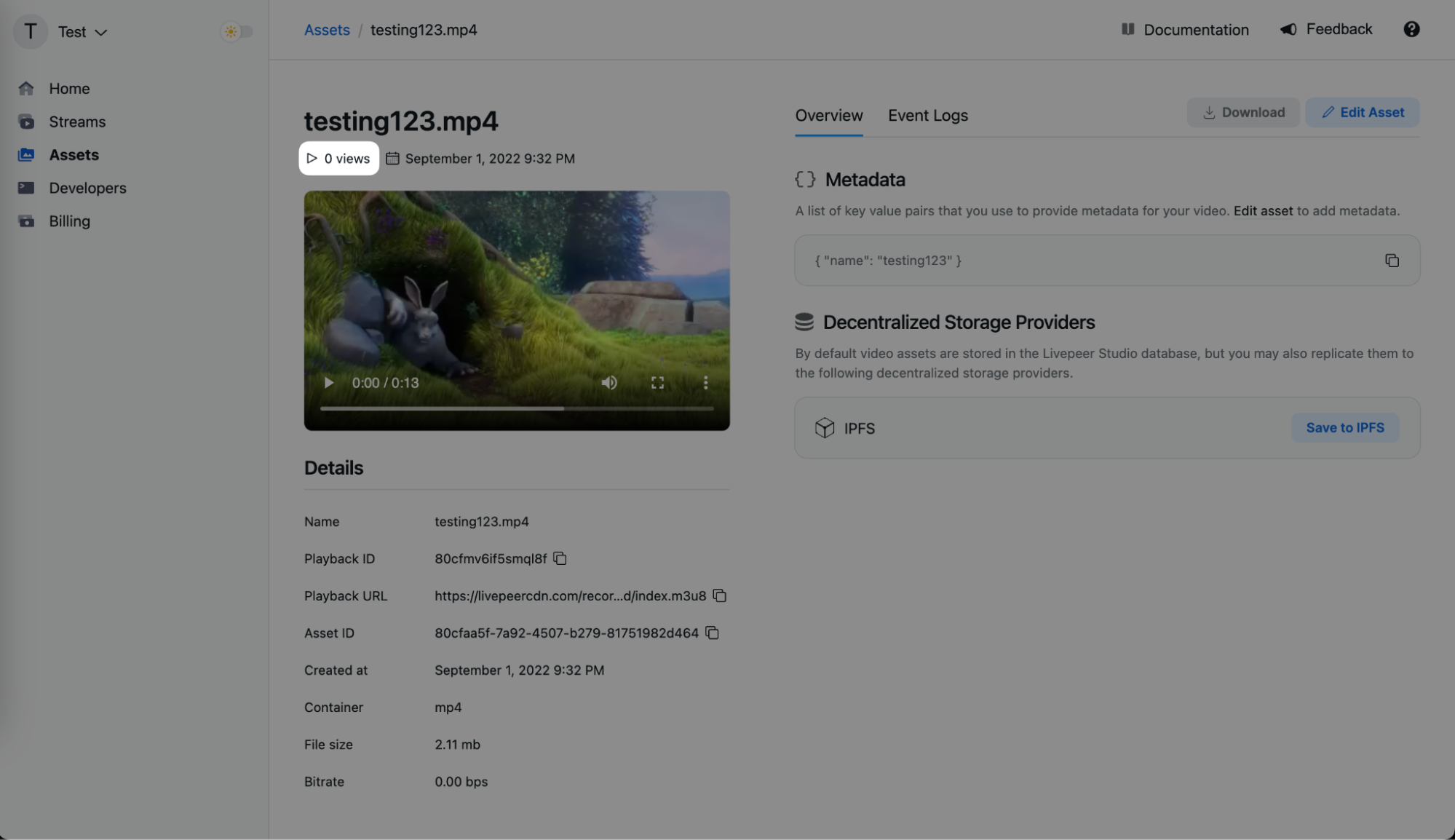
Choosing Livepeer Studio
In its initial launch, Bonfire acted as a content aggregator, allowing creators to embed their work from a variety of different platforms. While this approach was useful for building out a minimum viable product, the lack of control created by hosting third-party content posed a serious issue. To combat this, the Bonfire team committed to upgrading the platform so it could host content natively.
While searching for the best way to add video to their web3 platform, Matt learned about other projects using Livepeer Studio. Matt discovered Livepeer Studio had everything Bonfire needed for their long-term video streaming needs, and joined as one of the first projects to implement the newly released video-on-demand feature.
Livepeer Studio provides a comprehensive toolkit enabling any project to seamlessly integrate video streaming. Matt’s experience integrating Livepeer Studio was…
“[in one] word - easy. If we had to create our own hosting that supports minting, metadata, hosting on IPFS, and resumable uploads, it would have required a dedicated team working exclusively on that... It allows us to get a best-in-class video infrastructure with none of the work, so we can focus on what makes us differentiated.”
Partnering with Livepeer Studio enabled Bonfire to accelerate its ability to add new content formats, prioritize their users, and establish a foundation for onboarding the next generation of web3 creators to fulfill its mission.
Embers of the Bonfire
Bonfire’s mission is to empower creators and communities to unlock creative and economic freedom. By leveraging the power of web3, Bonfire hopes to disrupt how value flows in online social ecosystems and properly reward creators for their hard work and content. Creators are the platform, and Bonfire will make the complex and intimidating world of web3 accessible to them and their communities.
“Our partnership with Livepeer is a critical piece of infrastructure in enabling this vision for the future, enabling us to offer critical content features like token-gated video and livestreams, while staying focused on our mission of empowering creators to build strong and enduring brands & communities on their own independent platform.” - Matt Alston, co-founder of Bonfire
Sign up for a free Livepeer Studio account to add web3 video to your app
Sign up for the email newsletter to stay updated on upcoming hackathons, feature updates, and case studies
Join the community on Discord and Twitter
Check out these other case studies:
- Huddle01 - the world's first web3 native video meeting solution
- Inflow - a web3 music platform offering live music concerts
- The Lot Radio - an independent online radio station that broadcasts 24/7